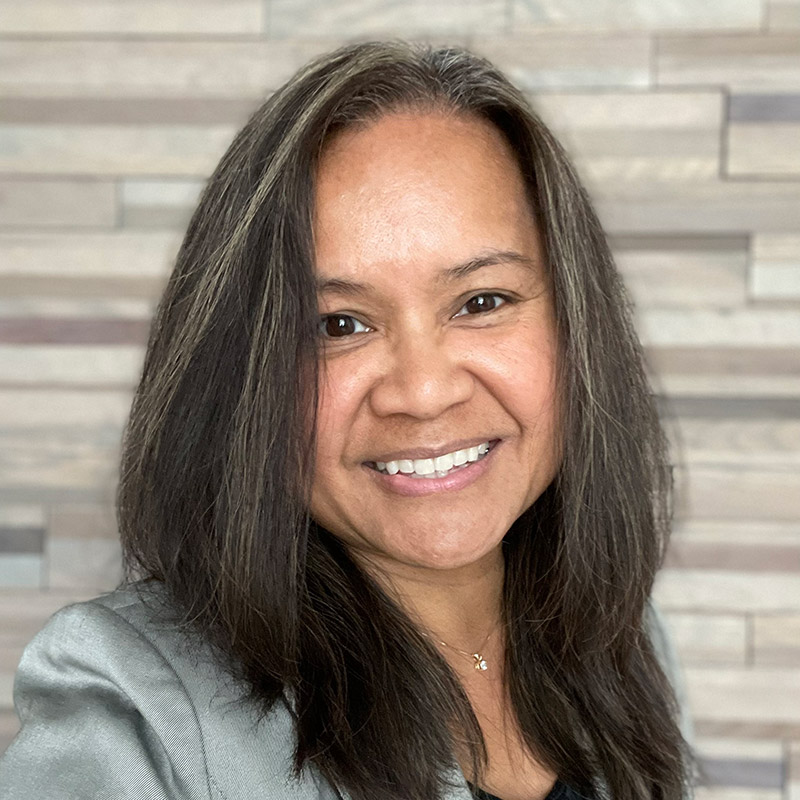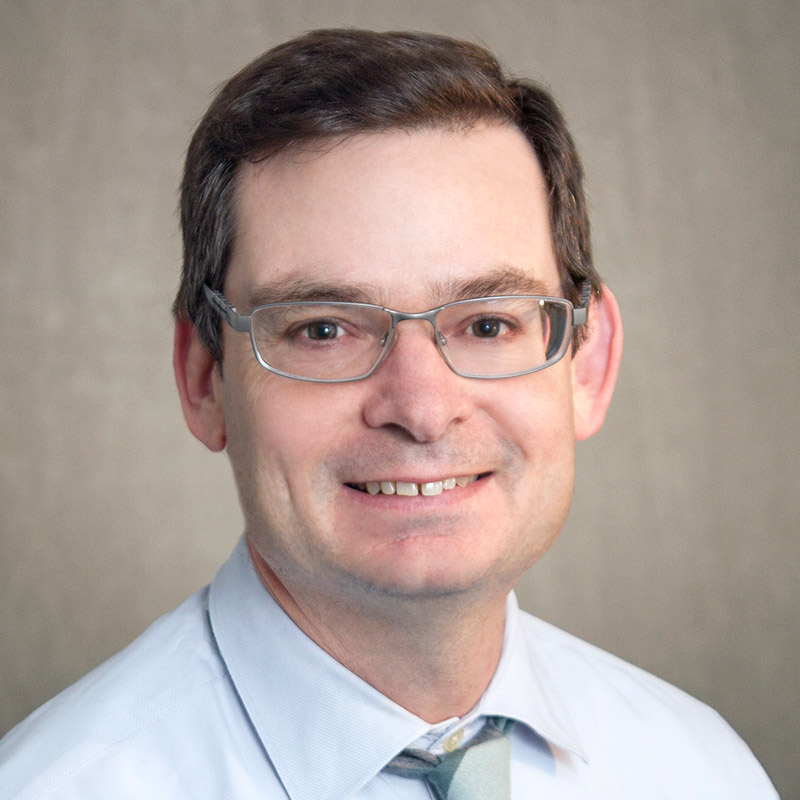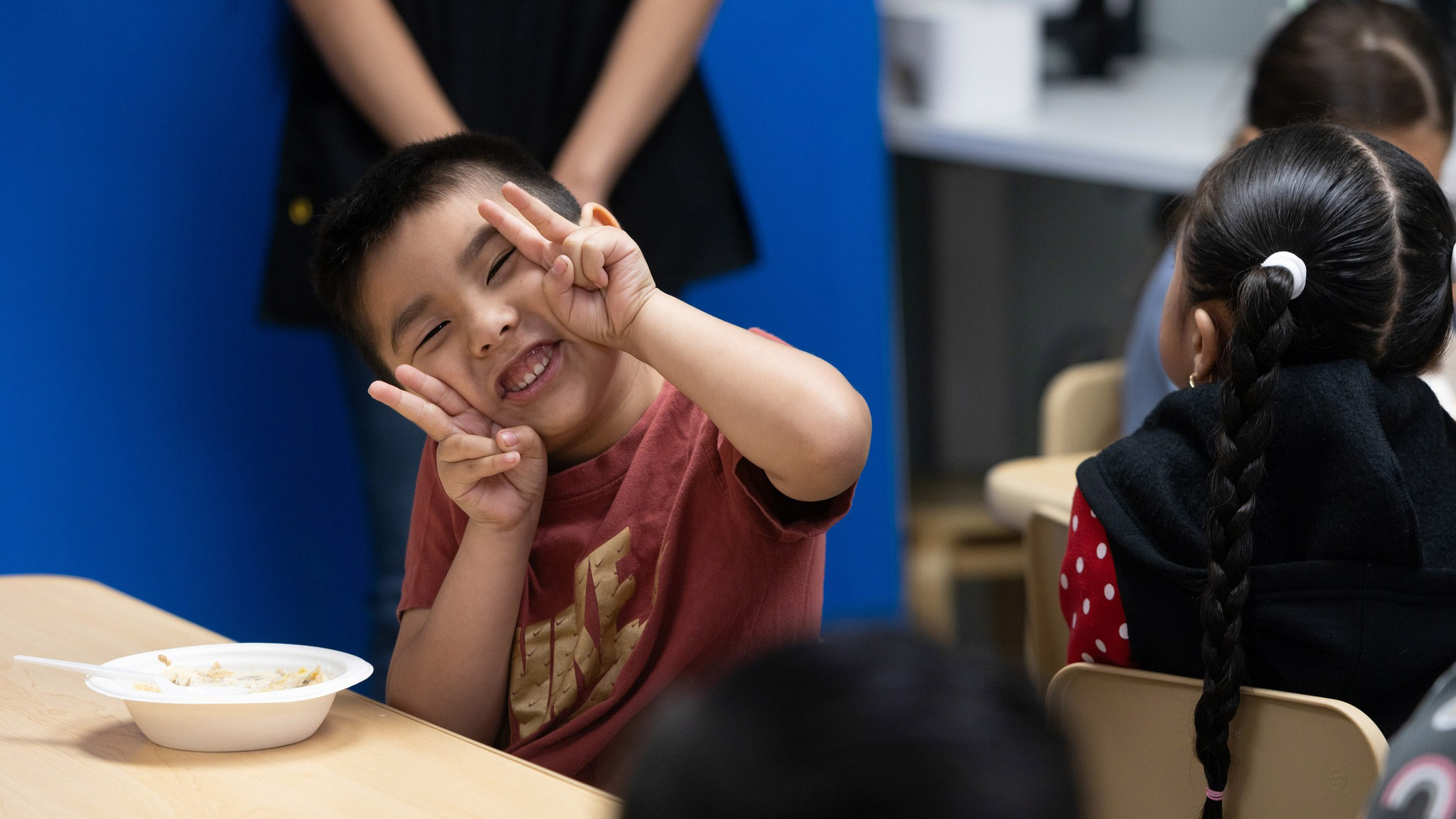Just a few weeks after Oregon’s Department of Early Learning and Care broke off from the state’s Department of Education to become its own separate agency, Early Learning Nation spoke to Chief of Policy and Research David Mandell and K-2 Balanced Assessment Specialist Sody Fearn. The stand-alone department, Mandell said, is “testament to the focus and emphasis on early learning and care that the legislature and the governor have at this moment. We’re a single place where families, child care providers and early learning professionals can go, that they know will be supporting them.”
👉 State Policies to Enhance Transitions Into Kindergarten (Education Commission of the States)

“The pandemic created this opportunity for us to pause and think about how we can gather information in a different way,” says Fearn. “And that includes changing the way the state handles the transition to kindergarten. We are intentionally designing a process to learn about students’, children’s and families’ assets and what they bring to school in a culturally responsive way.”
Tyson Barker, Ph.D., of the Institute for Child Success and member of the kindergarten transition advisory panel, says, “In our experience, many states collect a wealth of student data related to the transition to kindergarten without a clear understanding of how this information will be used to improve educational experiences. Additionally, it is extremely rare for educators and families to be part of the co-creation process. This is a model that can be replicated in many states that are currently reconceptualizing the kindergarten transition.”
Here’s what the new system promises:
• A better fit for a different kind of early education system. Oregon’s new way of stewarding the kindergarten transition builds upon Preschool Promise, the state’s free, high-quality preschool program available to families living at or below 200 percent of the Federal Poverty Level; as well as the 2019 Student Success Act, which includes innovative Early Learning Accounts that support mixed delivery.
Oregon supports all children, whether they are enrolled in a school, a Head Start program, a child care center or a family child care setting. Home visiting and parent education are also part of the equation.
• Turning the “family interview” into a “family conversation.” Instead of relying exclusively on skill testing, Oregon is asking families directly about what is important to them.
As Fearn says, the shift intentionally advances equity by taking a holistic view of children by giving families the opportunity to share contextual information about themselves. “Instead of talking about whether the children are ready for kindergarten,” she says. “It’s about how systems can get ready for them.”
A key question they ask is, “What brings your child joy?” (Answers include unicorns, books, play and friends.)
👉 More Early Learning Nation stories from Oregon

• Community partners evaluate (and enrich) the dialogue. In order to ensure that the kindergarten transition conversations are respectful as well as productive, the state engaged Oregon’s Kitchen Table, a nonprofit dedicated to helping Oregonians share their ideas, opinions, beliefs and resources in policy decisions.
Their findings indicate that the pilot is working. Family comments included:
I know the teacher, but I’ve never been in relationship like this with her.
My son can’t always advocate for himself. This felt like an opportunity to advocate for him.
We’ve moved around a lot and this is the first time we’ve seen something like this.
While educators said:
Engagement with parents or caregivers is a better avenue to gain trust and a collaborating spirit about bringing up this child in the best environment possible for learning.
I think you learn so much about your families when you do something as simple as this. What parent doesn’t want to tell you about their child?
The state is using the Oregon Kitchen Table feedback to develop the next stage of the pilot, which will strengthen culture-specific outreach to families, to name one of the recommendations.
👉 School Readiness and the Tyranny of Merit (Elliot’s Provocations)
• Each conversation makes the whole system better. The data collected helps regional and local partners to develop better programs. The act of listening itself, explains Mandell, “sets the tone about this partnership. It says we value the parents and we want to hear from them directly.”
He acknowledges that the system is still evolving. Data from the family conversations is far more robust than what the state previously used. “How do you aggregate that and not lose that richness?” he asks.
• Learning from (and teaching) other states. Fearn says Oregon completed state scans and drew inspiration from the Washington Kindergarten Inventory of Developing Skills (WaKIDS). “We asked about their family collaboration meetings that take place at the beginning of kindergarten between families and educators,” says Fearn, “and found that while their questions focus mainly on building relationships, we also wanted to explore children’s experience prior to kindergarten.”
Advocates in other states are watching to see how these programs develop. Jenna Nelson of the NC Early Education Coalition says her state relies almost exclusively on a tool called the Early Learning Inventory. “Even though we know there are so many experiences that help a child to be successful in kindergarten, the idea here seems to be that the four-year-old teachers just hand the data over to the kindergarten teachers, who report this transfer as being unhelpful at best.” Nelson says the Oregon model sounds promising.
The stand-alone department, Mandell said, is “testament to the focus and emphasis on early learning and care that the legislature and the governor have at this moment. We’re a single place where families, child care providers and early learning professionals can go, that they know will be supporting them.”
👉 State Policies to Enhance Transitions Into Kindergarten (Education Commission of the States)

Mark Swartz
Mark Swartz writes about efforts to improve early care and education as well as developments in the U.S. care economy. He lives in Maryland.



